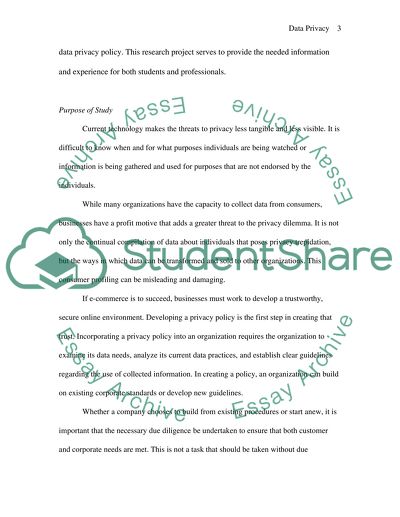Cite this document
(Data Privacy in Online Businesses Research Paper - 1, n.d.)
Data Privacy in Online Businesses Research Paper - 1. Retrieved from https://studentshare.org/e-commerce/1575969-any-proposed-area-of-commercial-law
Data Privacy in Online Businesses Research Paper - 1. Retrieved from https://studentshare.org/e-commerce/1575969-any-proposed-area-of-commercial-law
(Data Privacy in Online Businesses Research Paper - 1)
Data Privacy in Online Businesses Research Paper - 1. https://studentshare.org/e-commerce/1575969-any-proposed-area-of-commercial-law.
Data Privacy in Online Businesses Research Paper - 1. https://studentshare.org/e-commerce/1575969-any-proposed-area-of-commercial-law.
“Data Privacy in Online Businesses Research Paper - 1”. https://studentshare.org/e-commerce/1575969-any-proposed-area-of-commercial-law.


